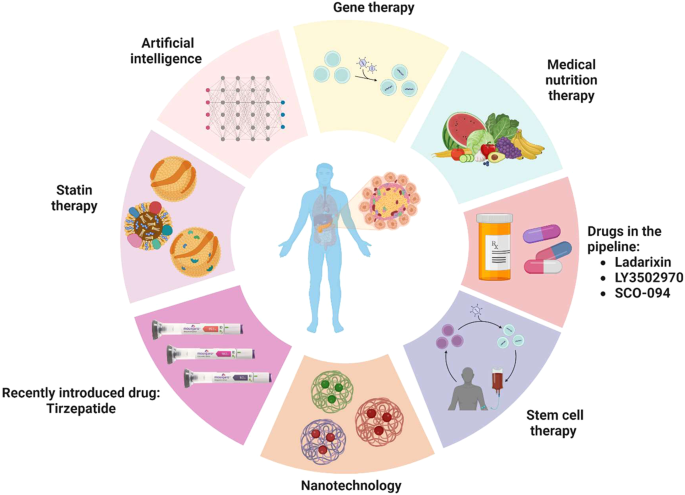7 Trends Daily
Stay updated with the latest insights and trends across various sectors.
Sugar Coated: The Sweet Truth About Diabetes Management
Uncover the sweet secrets of diabetes management in Sugar Coated! Transform your health with tips that make a difference. Click to learn more!
Understanding Carbohydrates: The Key to Effective Diabetes Management
Understanding carbohydrates is essential for effective diabetes management. Carbohydrates are one of the main sources of energy in our diet, and they play a crucial role in how our bodies function. For individuals with diabetes, monitoring carbohydrate intake is vital, as it directly affects blood sugar levels. A well-balanced meal that includes healthy carbohydrates can contribute to better glycemic control. Foods rich in fiber, such as whole grains, legumes, fruits, and vegetables, can help stabilize blood sugar and improve overall health.
To simplify carbohydrate management, consider using the following strategies:
- Monitor your carbohydrate intake: Keep track of the grams of carbohydrates in your meals and snacks.
- Choose complex carbohydrates: Opt for whole grains, fruits, and vegetables over refined carbs.
- Control portion sizes: Be mindful of serving sizes to avoid spikes in blood sugar.
- Pair carbohydrates with protein or healthy fats: This combination can help slow down the absorption of sugars into the bloodstream.

Myths vs. Facts: Debunking Common Misconceptions About Diabetes
Myths about diabetes abound, leading to confusion and misinformation. One common misconception is that diabetes only affects overweight individuals. In reality, diabetes can affect people of all shapes and sizes. Type 1 diabetes, for example, is an autoimmune condition that typically develops in children and young adults, regardless of their weight. Similarly, Type 2 diabetes is influenced by multiple factors, including genetics and lifestyle, not solely by body mass. Therefore, it is essential to recognize that everyone, whether healthy or not, is at risk, and proper education is vital.
Another prevalent myth is that eating sugar causes diabetes. In truth, while excessive sugar consumption and poor dietary choices can increase the risk of developing Type 2 diabetes, they are not the direct cause. The development of diabetes is linked to a combination of factors, such as genetics, lack of physical activity, and overall diet quality. Moderation is key; it's not about eliminating sugar completely, but rather about maintaining a balanced diet. Understanding these facts helps to dispel misconceptions and promotes healthier lifestyle choices.
How to Create a Balanced Meal Plan: Tips for Diabetes-Friendly Eating
Creating a balanced meal plan is essential for managing diabetes effectively. Start by incorporating a variety of nutrient-rich foods. Aim for meals that include a balance of carbohydrates, proteins, and healthy fats. A good approach is to follow the plate method, where half your plate consists of non-starchy vegetables, a quarter is dedicated to lean protein sources, and the remaining quarter is reserved for whole grains or starchy vegetables. This structure not only helps in controlling blood sugar levels but also ensures you get a wide range of vitamins and minerals.
When planning your meals, it's crucial to monitor carbohydrate intake. Consider keeping a food journal or using a meal planning app to track the types and amounts of food you consume. Additionally, include healthy snacks that are low in sugar, such as nuts, yogurt, or fresh fruits, to keep your blood sugar stable throughout the day. In summary, focus on diabetes-friendly eating by creating meals that are balanced, varied, and satisfying while aligning with your health goals.